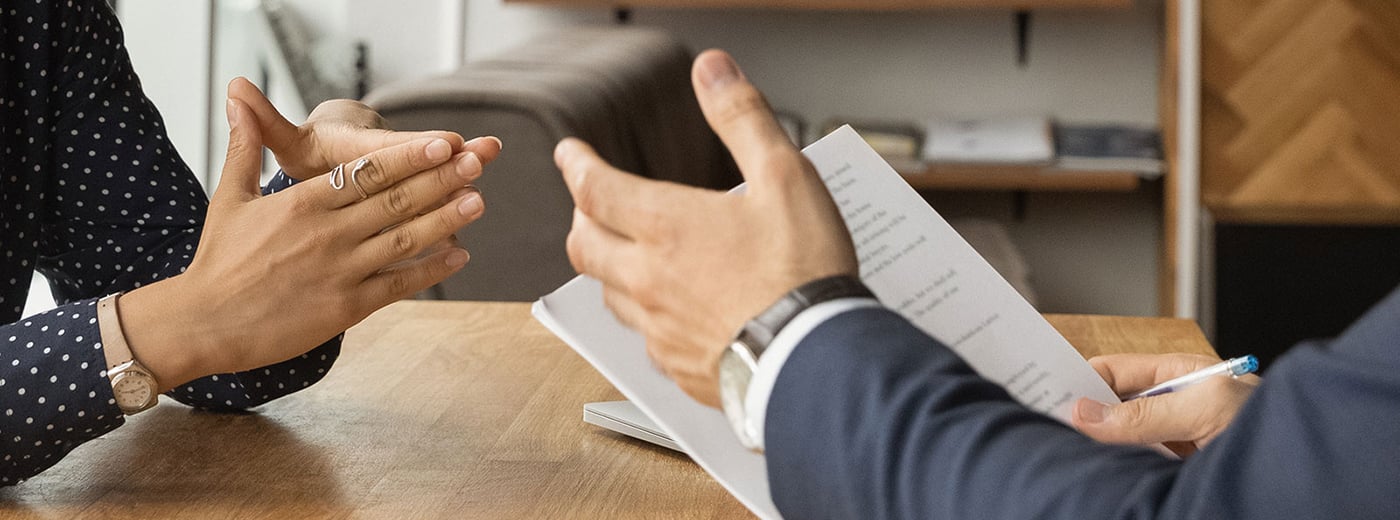A European medical research establishment recently found a disgraced surgeon guilty of scientific misconduct. However, in this real but anonymised case, the finding came four years after the institute had ignored whistleblowing reports and refused to accept an external report that concluded that the misconduct had taken place.
In his report, the organisation’s president confirmed that wrongdoing had occurred. He also accused three of the whistleblowers who researched and filed a report on the surgeon’s activities to be either guilty of misconduct or blameworthy for the activities of their colleague.
This complex story offers insight into the responsibilities of employers to act on reports of unethical conduct. It also brings up questions about the treatment of whistleblowers who spend time uncovering and documenting wrongdoing in organisations.
Background
The organisation is a renowned medical university, and the surgeon in question made headlines in the early 2010s with what was claimed to be his pioneering work in creating artificial windpipes. However, far from being life-saving developments, there were concerns that this invention was, in fact, causing harm to patients. The doctor’s research papers failed to mention the ill effects, and colleagues had already started to suspect that he was lying in medical papers.
Four other employees of the organisation started documenting his actions and researching the cases. They found that his claim in 2011 that a patient was showing no ill effects five months after surgery was untrue. Similarly, they discovered that the clinical records of three patients who received implants didn’t match the published descriptions of their conditions.
They made the complaints in 2014, but management sat on them for months before it eventually brought in an external investigator. When the investigation found that the surgeon had committed misconduct, the institute’s first reaction was to overrule the decision. It took a TV documentary in 2016 for the news to go public and for the establishment to dismiss the doctor.
Fallout from the scandal
When the president filed his report into the affair, he found the surgeon guilty of misconduct. He also found a surgeon and stem cell researcher, who was one of the whistleblowers, guilty of misconduct. Two others were said to be “blameworthy” but not guilty of misconduct. All had co-authored papers with the disgraced doctor.
The stem cell researcher argued he was working in a different location from the doctor and had not seen lab samples directly when he co-authored the report that misrepresented the side effects of the treatment. He called the organisation’s response “a continuation of the harassment by [the organisation’s] leadership.”
A fellow whistleblower, a cardiothoracic surgeon who was also found to be blameworthy, said:
“This sends the message that whistleblowers in research will be punished. That’s a serious problem for research.”
How the EU Whistleblowing Directive helps
The whistleblowers believe that they have been retaliated against by the institution, which would contravene the EU Whistleblowing Directive. Reporting persons should be free to make reports without the fear of reprisals.
What is certain is that the establishment was slow to act on the allegations. This delay in acknowledging the report meant that it wasn’t until the news went public that anything happened. This is damaging to the organisation’s reputation, and by following the internal reporting process in the directive, it could have dealt with the misconduct before the news leaked and taken control of the narrative.
By letting it come out on TV, the institute appeared lax on such issues, damaging public trust in it.
Take control of whistleblowing
Using IntegrityLog, an online whistleblowing reporting system, you can ensure the process of making and investigating reports is as smooth as possible. Whistleblowers use the confidential internal system. When your team picks up a complaint, they can easily keep track of its progress through the dashboard and make sure they meet the deadlines. Find out how you can take control of whistleblowing by requesting a demo of IntegrityLog or request a 14-day free trial today.
References and further reading
- 10 benefits of a whistleblowing system
- How to measure the effectiveness of whistleblowing
- How to investigate a whistleblower complaint
- Creating a whistleblowing policy
- Whistleblowers rights and protection in the EU





